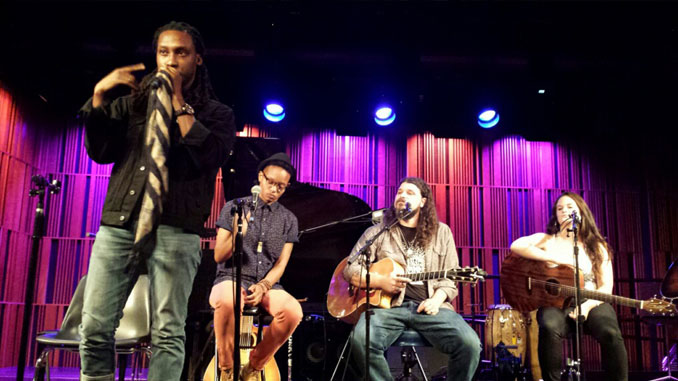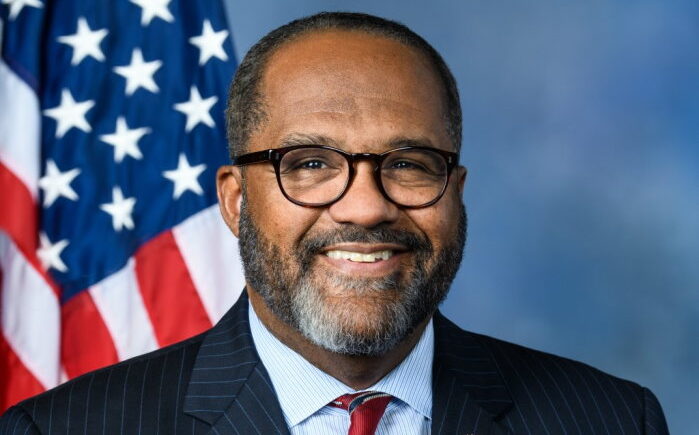
By Christopher D. Brown
Music can do more than entertain. It can also heal. This was the goal of the inaugural Music for Mental Health: An Evening of Song and Discussion, held on Sept. 22nd at the New Orleans Jazz Museum at the Old U.S. Mint. Kathryn Rose Wood, a Clinical Music Therapist and Singer-Songwriter organized the event that featured five artists sharing their stories through song about how mental illness has affected their lives.
Wood lost her brother following his suicide two years ago. She said the program was held as part of National Suicide Prevention Month activities. The loss of loved ones to mental health issues are stories the public does not always get to hear. Suicide is the 10th leading cause of death among adults in the U.S., according to the National Institute of Mental Health. And in addition to Wood, other performers at the event shared personal stories like Singer-Songwriters Mia Borders, Mike Doussan, Kei Slaughter, and Rapper Alfred Banks.
African-Americans are 20 percent more likely to experience serious mental health problems than the general population, according to the Office of Minority Health of the U.S. Dept. of Health and Human Services. Common mental health disorders African-Americans face include: depression, attention deficit hyperactivity disorder (ADHD), suicide among young African-American men, and post-traumatic stress disorder (PTSD).
“Mental illness in the urban community needs to be addressed, that’s why we’re lucky to have Alfred,” Woods said of the local rapper’s advocacy on the subject.
Banks’ 2017 album, The Beautiful, expresses the artist’s recollection of his older brother’s suicide and his own mental health issues. Banks said he wants to emphasize the importance of mental health awareness in the Black Community. His older brother suffered from schizophrenia and took his life in 2004. As audiences heard in Banks’ lyrics during his performance, his pain persists.
“When they found my brother’s body, he was still warm. He was still warm,” Banks said as his words cut through the room.
Under dim lights, Banks took a Burberry scarf and tied it around his mic. The room grew tense. The track started and Banks began spitting the lyrical back flips he is known for, scarf swaying behind him. He rapped about his brother Orlandas, his struggle with schizophrenia, and how that led to him taking his own life. He said he wanted his audience to know the experiences of families who witness a loved one suffering from mental illness.
“He had medicine. But he said it made him feel drowsy, so he turned to alcohol instead,” Banks said of the helplessness he felt about not being able to help his brother. “When that failed, he took his own life,” Banks said.
Understanding mental health issues must go beyond mental health professionals and their patients, Wood said of using artists to educate the community about the issue. Education starts with a simple conversation, Wood said, and even music.
“Music is one of the best forms of therapy for mental illness,” Woods said.
Recommended For You.

New Orleans Agenda
On Sunday July 21, 2024, U.S. Congressman Troy A. Carter (D- New Orleans) responded to the news of


Be the first to comment